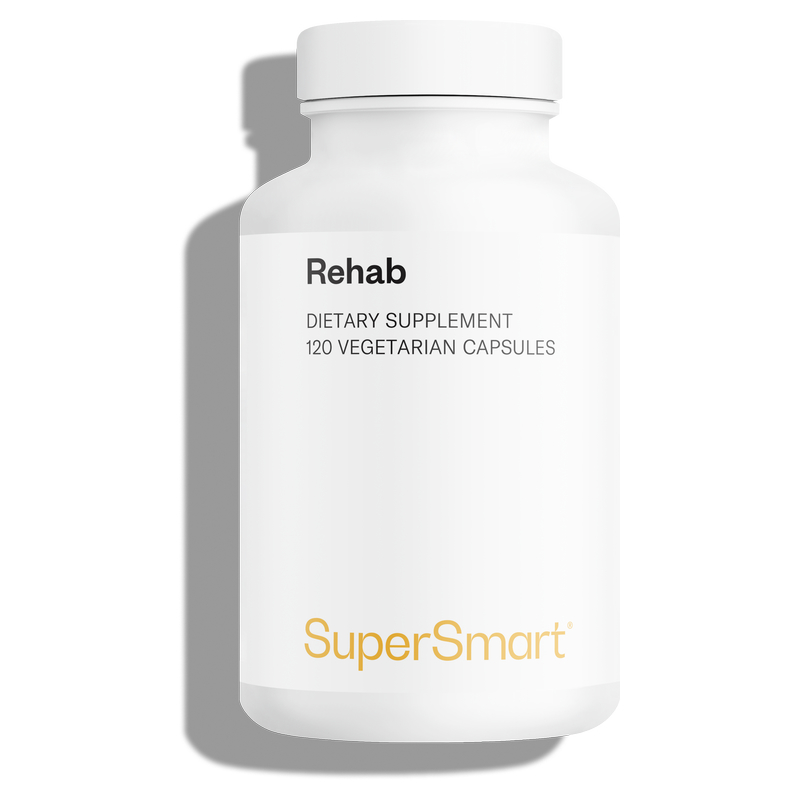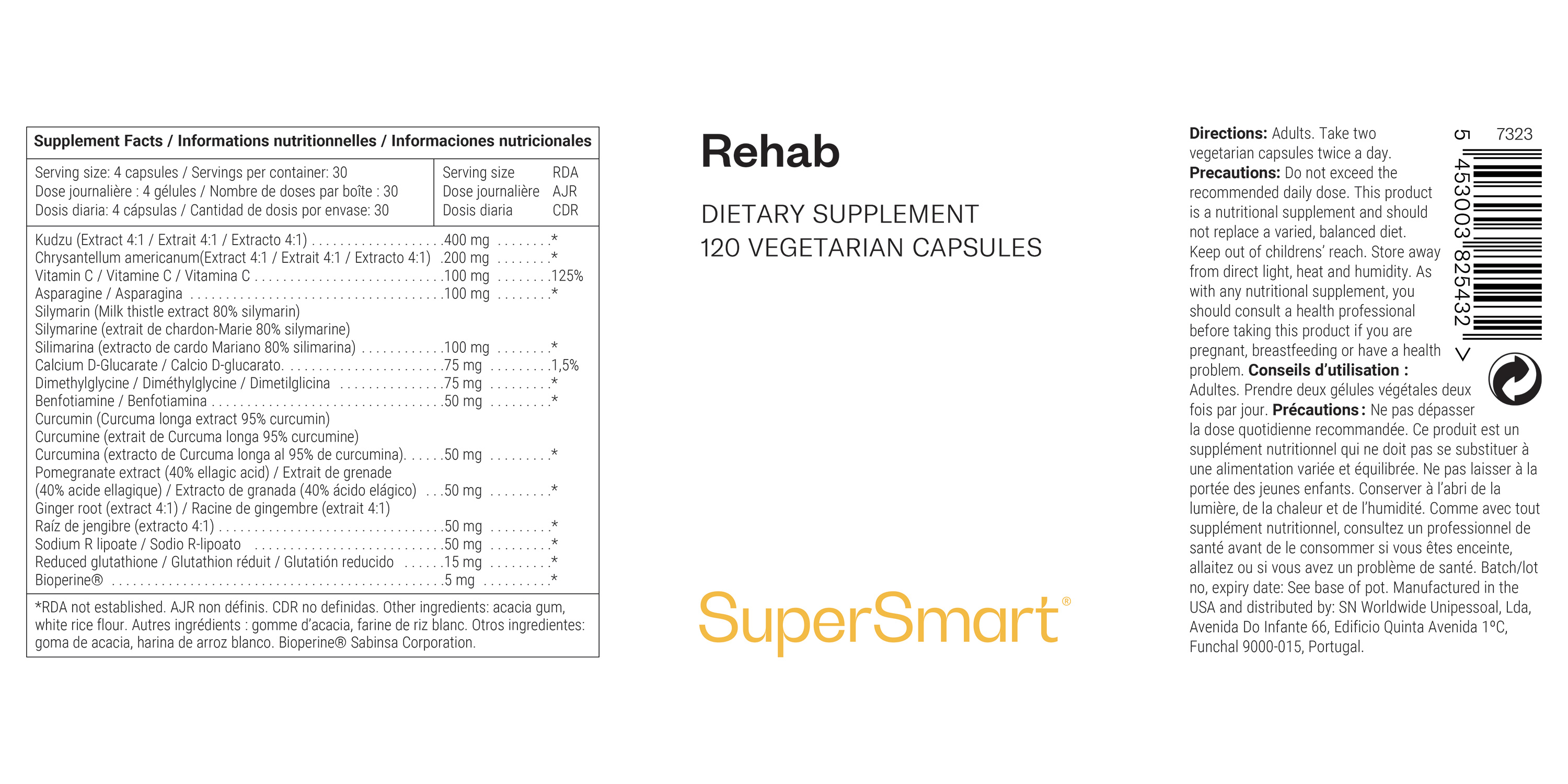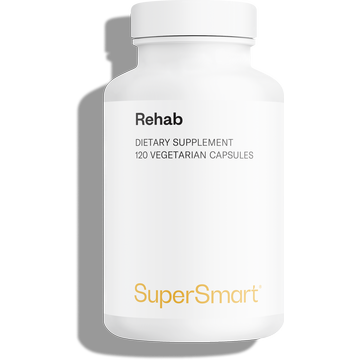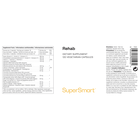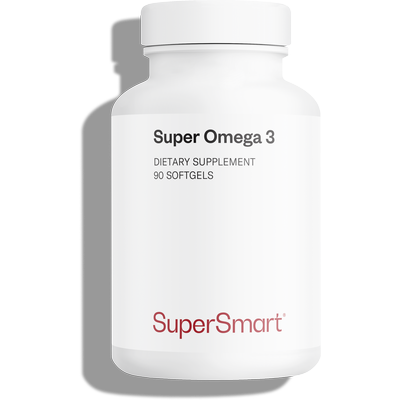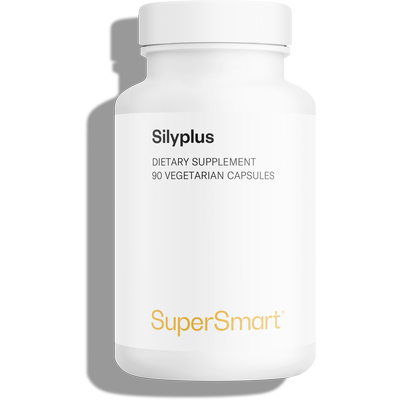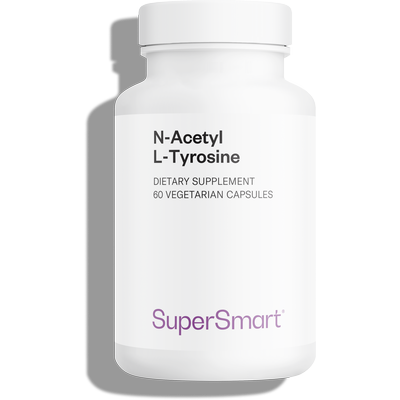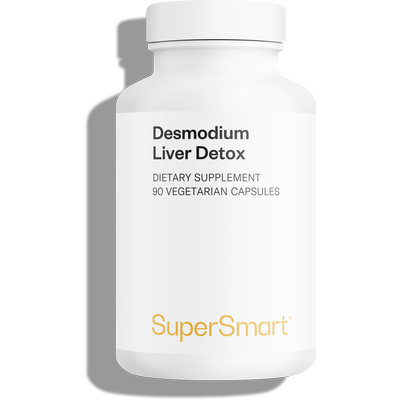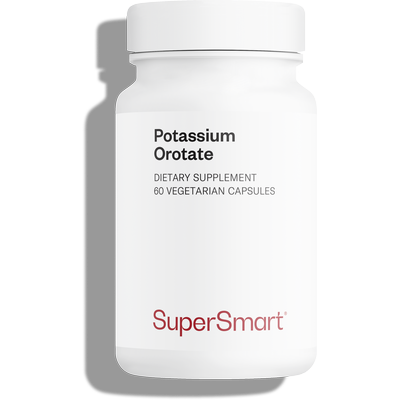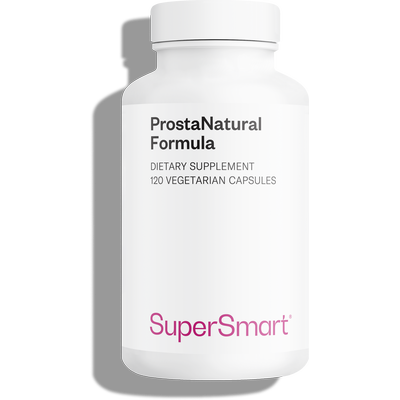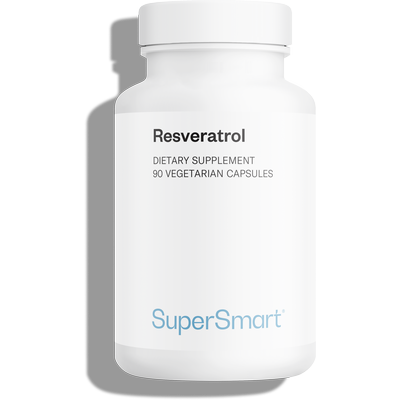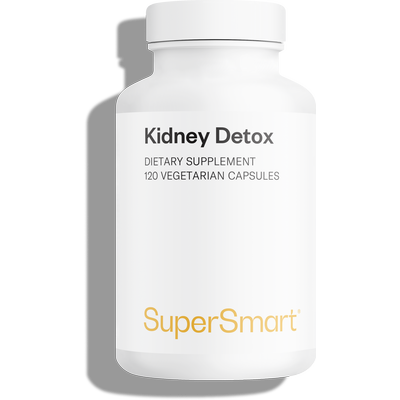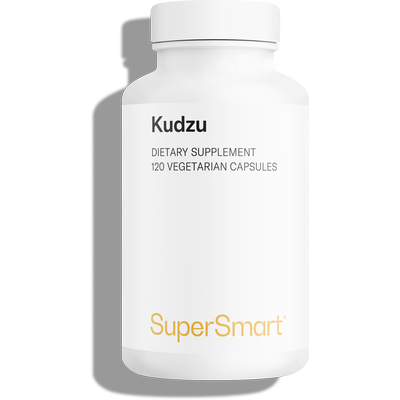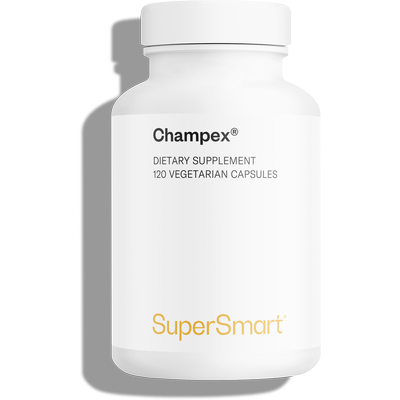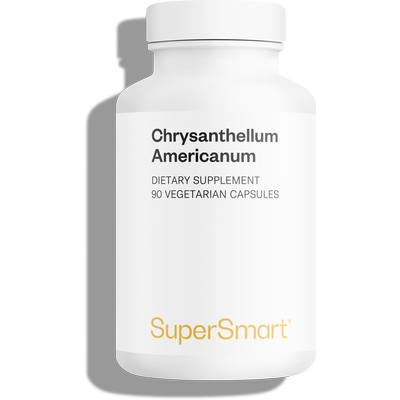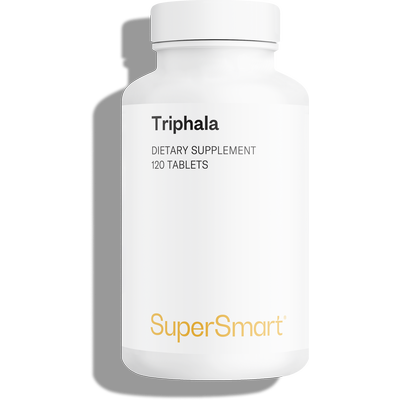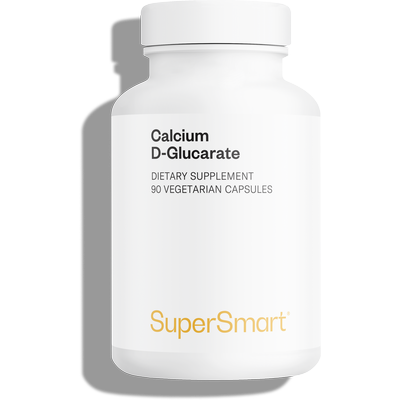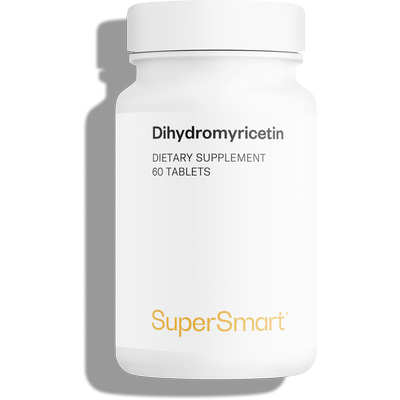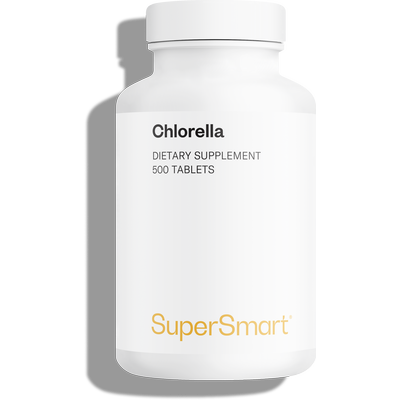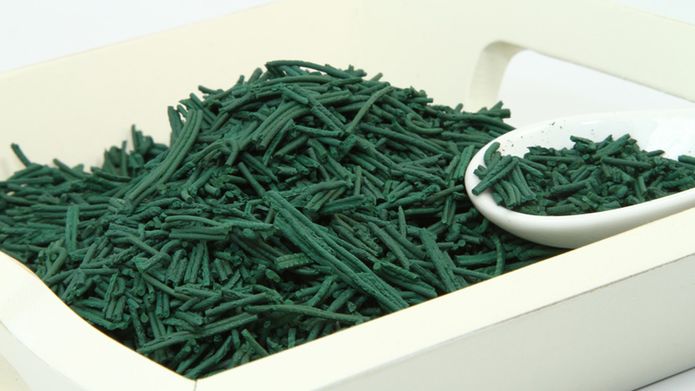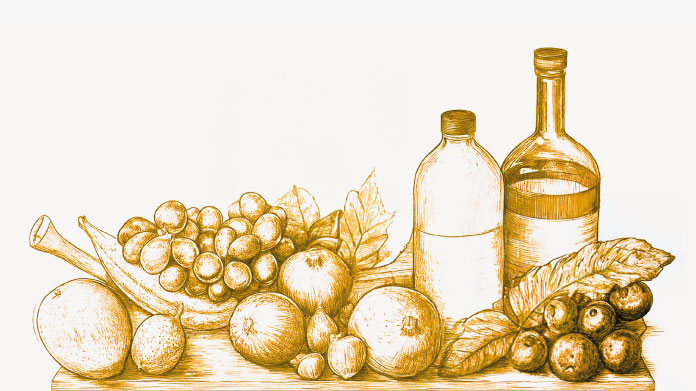Complete your selection
Rehab is a natural detox supplement combining powerful liver-protectivephytonutrients (turmeric, milk thistle …) with cutting-edge catalysts (lipoic acid, vitamin C, glutathione…) involved in the mechanisms of waste elimination. Its synergistic formulation is specifically designed to ‘deep-clean’ the body and provide support for chemical dependency.
The 3 phases of liver detoxification
The liver plays a fundamental role in processing and eliminating toxins (waste products of endogenous metabolism) and toxic substances also known as xenobiotics (tobacco, alcohol, drugs, pesticides …).
Hepatic detoxification thus describes the series of biochemical reactions that take place in the liver to purge the body of these undesirable metabolites. It has three key stages (1):
- phase I activation: fat-soluble toxins are broken down into oxidised derivatives, primarily by a group of enzymes called Cytochrome P450. These antioxidant mechanisms intervene to counteract the adverse effects of the free radicals formed in the process;
- phase II conjugation: hydrophilic groups combine with the oxidised derivatives to make them water-soluble and facilitate their elimination;
- phase III transport: the metabolites are carried away from the liver and excreted via urine, faeces, exhalation or sweat.
What is in the detox supplement Rehab?
Rehab is based on a combination of proven active principles aimed at promoting this important detoxification cycle and making it run smoothly :
- extract of chrysanthellum (Chrysanthellum americanum). Known as ‘golden camomile’, this plant originates from South America and is traditionally used in Africa, and more specifically in Nigeria, as support for digestive problems (2) ;
- vitamin C: it helps protect cells against oxidative stress, by boosting neutralisation of the free radicals produced during phase 1 detoxification (3) ;
- reduced glutathione, an essential tripeptide of phase II detoxification (4) ;
- asparagine. First isolated in asparagus, this non-essential amino acid plays a role in the metabolic conversion of alcohol. One study showed markedly decreased levels of asparagine in the pancreas of ‘alcoholic’ rats (5) ;
- extract of kudzu. Containing a number of flavonoids (puerarin, diazine and daidzein), this climbing vine with adaptogen properties has been extensively studied in relation to alcohol addiction(6) ;
- calcium D-glucarate. The natural calcium in fruit and vegetables, this is the keystone of the glucuronidation process, a particular form of conjugation in which chemicals, steroid hormones and other fat-soluble toxins bind to glucuronic acid in the liver (7) ;
- dimethylglycine. A derivative of glycine, this intermediate compound of liver metabolism is converted by demethylation into glycine, an amino acid involved in glutathione synthesis (8) ;
- curcumin. This curcuminoid is the most powerful active substance in turmeric (Curcuma longa), a root with antioxidant properties, which helps maintain liver health. A number of studies have shown its ability to modulate the liver’s enzymatic activity and lipid metabolism (9). It is combined with Bioperine® to maximise its bioavailability and efficacy;
- ellagic acid from pomegranate extract. This polyphenol, abundant in red berries and much-prized by the pharmacological industry, has been widely studied in relation to alcohol-induced liver disorders (10) ;
- extract of ginger root. Another antioxidant root from the Ayurvedic pharmacopoeia, ginger supports good digestive health and normal sugar metabolism(11) ;
- silymarin. The active molecule in milk thistle (Silybum marianum), this helps to protect liver cells and promote the production of bile (12). Used for centuries, it has excellent tolerance ;
- sodium R-lipoate. This sodium salt is a stable and highly-bioavailable form of alpha-lipoic acid, a protective compound produced by the mitochondria and a cofactor of several phase II enzymes. Alpha-lipoic acid also acts as a chelator of lead, a heavy metal that’s toxic at even very low doses (13).
What is in Rehab
Any questions?
Excessive partying, drug treatment, unhealthy lifestyle: in circumstances such as these, it’s not always possible for the liver to carry out its purifying role properly (14-15).
Signs of liver function overload vary greatly from one person to another, but one or more of the following symptoms are common:
- a yellow-ish complexion ;
- nausea, problematic digestion ;
- yellow, greasy or sticky stools;
- a lower threshold for alcohol ;
- being bothered by smells ;
- muscle and/or joint pain ;
- skin disorders (acne, eczema…) ;
- significant fatigue.
As these various symptoms can also be a sign of more serious liver disease, it’s important to consult your doctor if you are worried.
If you’re thinking of starting a detox to help regenerate your liver, here are three tips to take on board:
- lighten your diet. Avoid processed products, as the additives they contain add to the toxic load on your liver (16). Drastically reduce your consumption of gluten, dairy products, fatty meats, and more generally, high-fat, high-sugar and refined products. Instead, increase your intake of fruits and vegetables (raw, steamed or juiced), focusing on cruciferous vegetables, those from the Alliaceae family (onions, leeks, garlic, ...), artichokes and aromatic herbs(17). Aim for lightness and frugality;
- stay well-hydrated. To help your emunctory organs process and eliminate toxins from your body, make sure you drink enough water – at least 2 litres a day (18). But go easy on the stimulant drinks (coffee, tea…) ;
- get sufficient rest. Your body has to devote energy to eliminating metabolic waste. But keep up the light exercise (like walking) to gently stimulate your metabolism.
For those who want to take it a step further, two other detoxifying supplements might also be of interest.
Combining 7 natural extracts including aloe vera, the supplement Colon Cleanse Formula is specifically targeted at the colon, one of the body’s 5 emunctory organs (19).
And the formulation Lectin Flush is a collection of natural substances that bind to lectins, proteins ubiquitous in our diet and implicated in certain cases of digestive hypersensitivity (20).
This product’s capsules are composed of HPMC (hydroxypropyl methylcellulose), a plant substance derived from cellulose. HPMC is widely used for medicines and dietary supplements. It contains no animal ingredients, is recognised as safe by health authorities and is considered more sustainable than synthetic alternatives.
november 1 2024
Excellent complément, efficace au quotidien et lorsque l'on s'est montré plutôt généreux avec le bon vin.
Excellent supplement, effective on a daily basis and when one has been rather generous with good wine.
 see the translation
Translated by SuperSmart - see the original
see the translation
Translated by SuperSmart - see the original
may 6 2024
Pas assez de recul pour connaître l’efficacité, besoin de plus de temps.
Not enough perspective to know the effectiveness, need more time.
 see the translation
Translated by SuperSmart - see the original
see the translation
Translated by SuperSmart - see the original
april 8 2024
J'ai ressenti un mieux être au niveau digestif général dès les premières prises. Ce produit semble réellement aider le foie à mieux fonctionner.
I felt an overall improvement in my digestive well-being from the very first doses. This product truly seems to help the liver function better.
 see the translation
Translated by SuperSmart - see the original
see the translation
Translated by SuperSmart - see the original
april 5 2024
Efficace, contente de ce produit !
Effective, happy with this product!
 see the translation
Translated by SuperSmart - see the original
see the translation
Translated by SuperSmart - see the original
february 24 2024
!!!!!!!!!!
Need help?
You may also like

